The novella is done! I’m reviewing my productivity over the last year and discussing the next projects. I’m also mulling writing retreats, why we go on them, and what I hope to get out of the one I’m going to.
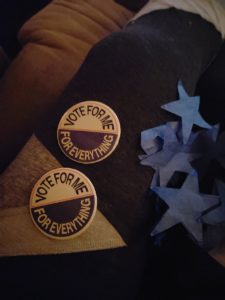
RITA ® Award-Winning Author of Fantasy Romance
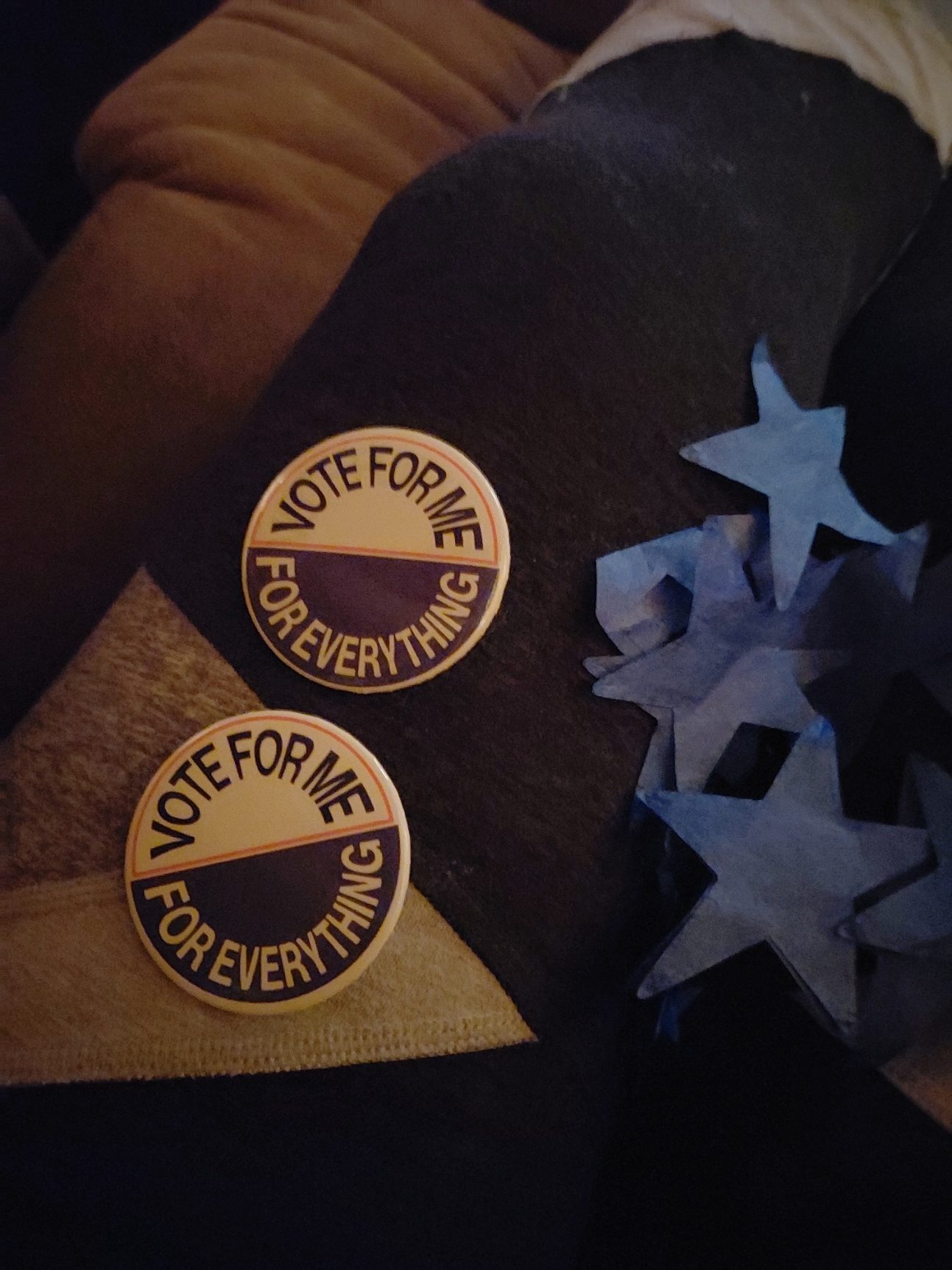
The novella is done! I’m reviewing my productivity over the last year and discussing the next projects. I’m also mulling writing retreats, why we go on them, and what I hope to get out of the one I’m going to.

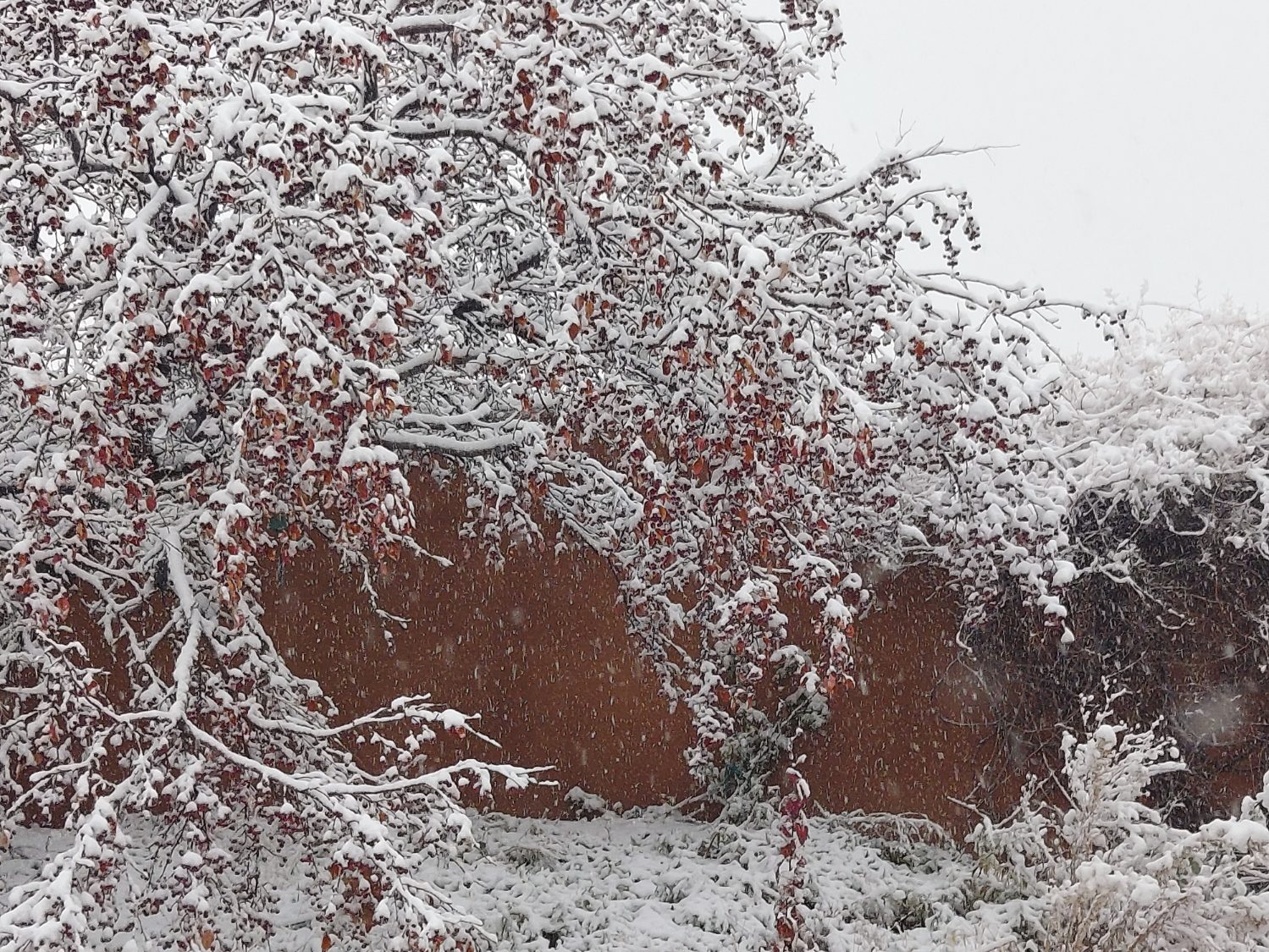
Thoughts on the Twitter debacle and how I don’t think newsletters are the answer (still). Also, my new landscapes, why I surround myself with certain kinds of images and why they are NOT my framed book covers.

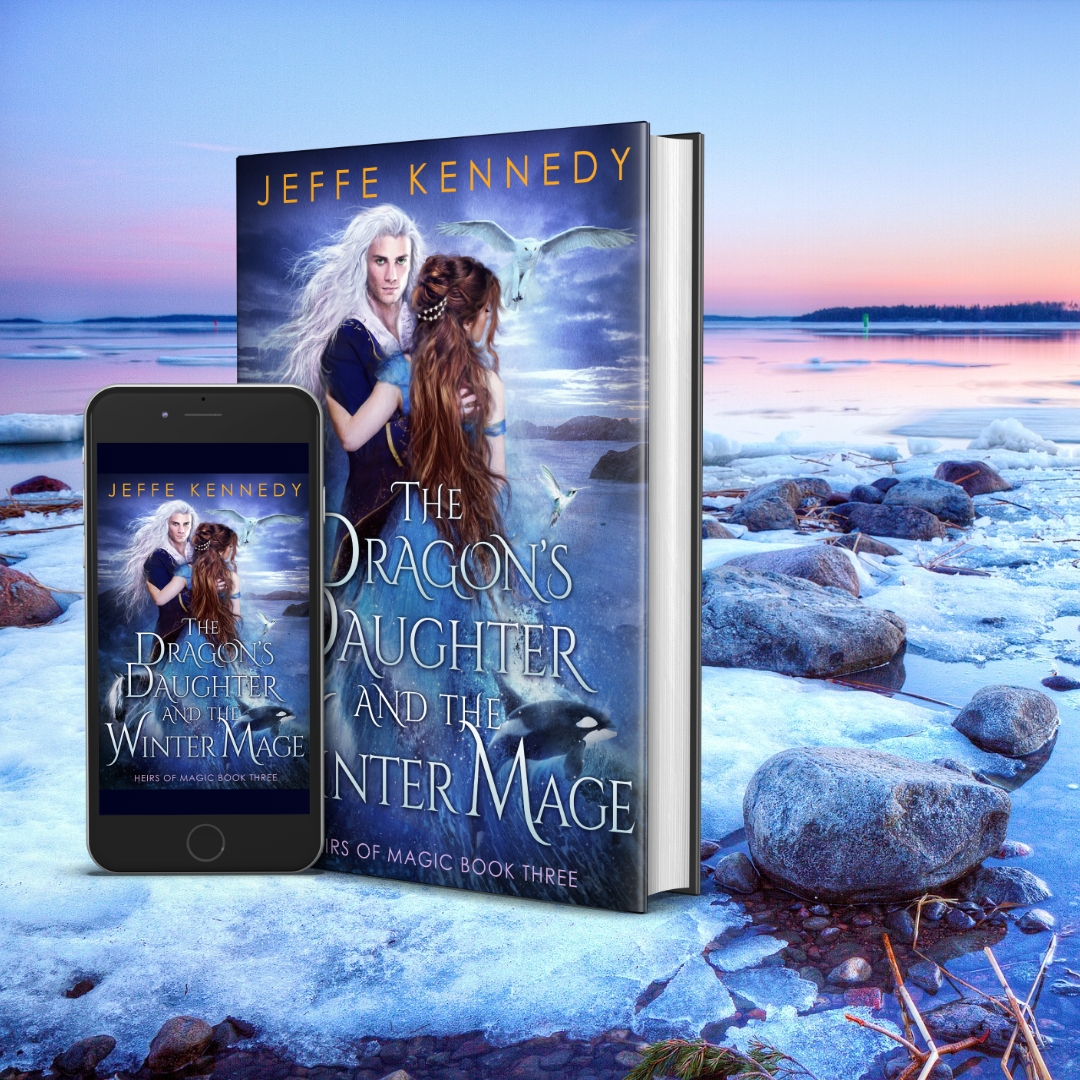
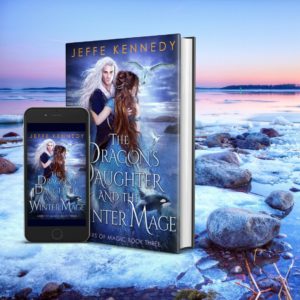


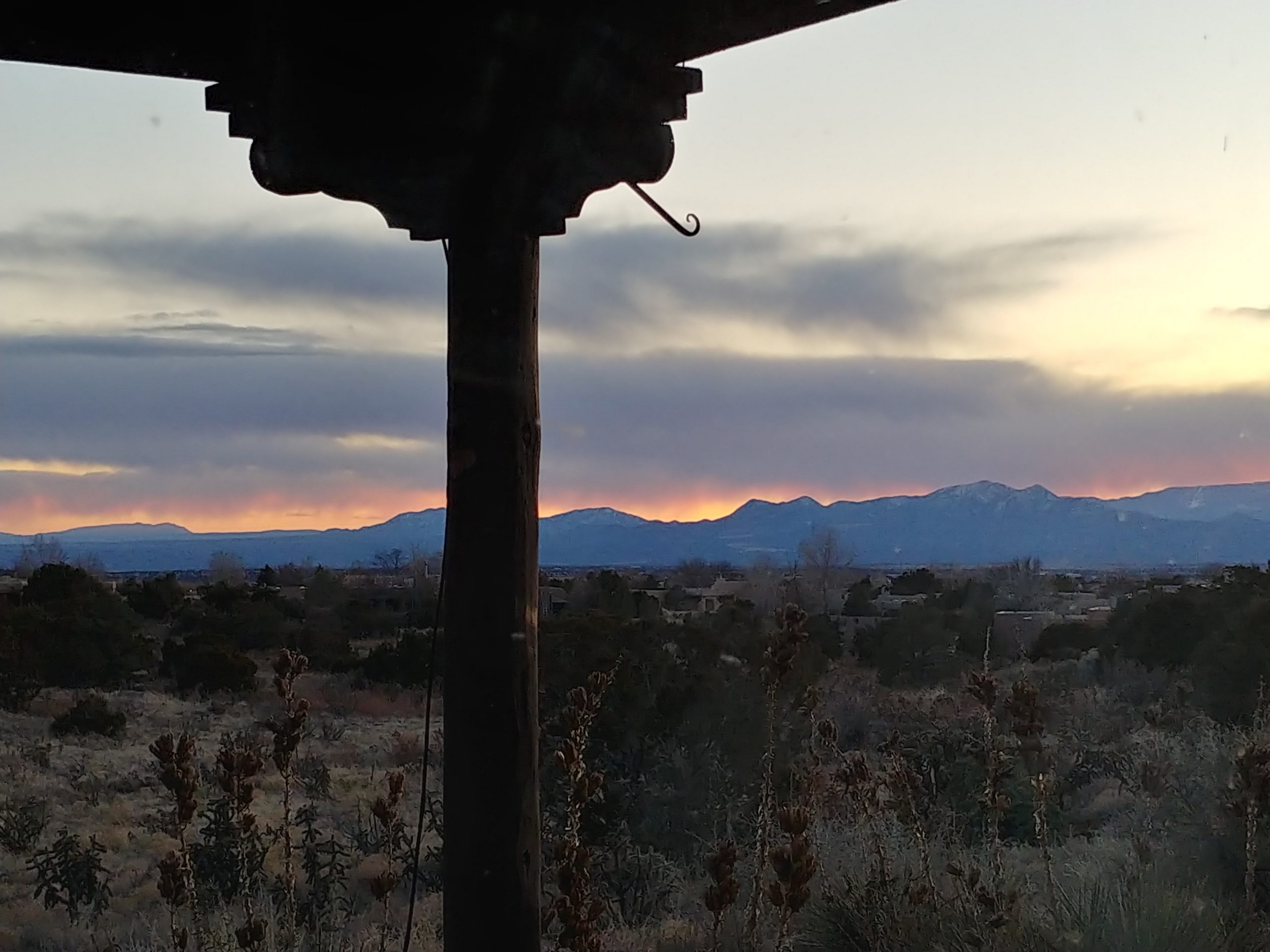
I mentioned on my podcast – First Cup of Coffee with Jeffe Kennedy – just about two weeks ago, that I’d read this very interesting article on how starting the day by looking at the internet changes how your brain functions. The author specifies going for three hours before looking at the internet, which I realize not everyone can do. Many people start their jobs within three hours of waking up and those jobs may specifically require checking email or company social media.
But for many of us… do we HAVE to look at those things within three hours of waking?
And I’m not saying it has to be like this author frames it. Not everyone has the luxury of spending the first three hours of the day meditating, quietly reading, or journaling. Sure, it sounds lovely in theory, but most of us don’t lead monastic lives. I don’t think it’s necessary anyway.
If a person, say, wakes up at 6 am, does the grooming/hygiene thing, maybe eats breakfast or has a hot beverage, could be getting other people ready for their days, perhaps some exercise, likely a commute to the job, then settling in – that’s usually about two hours, right? I mean, I know more than once in college I woke up at 7:30 and still made it to an 8 am class, but college students are not famed for their grooming, nutrition, or good planning. For someone a bit less subject to chaos and late nights than a college student, it seems that arranging a morning to allow for three hours before checking email and social media is entirely a possibility.
It would mean not checking email on the phone while sitting on the subway, and ignoring Twitter until later in the day. It means Facebook instant messages go unanswered for *gasp* maybe a whole twelve hours!! (Seriously – it pisses me off that Facebook tries to shame me by displaying how long it takes me to reply to messages on my author page, encouraging me to respond faster to earn some fucking badge like I care for their rewards. *ahem*) I’m not saying it’s easy to break this habit, especially when these internet companies are hugely invested in training us to look All The Time. I’ve turned off all of my notifications on my phone, and I can’t tell you how often they prompt, then try to command and trick me, to turn them back on. If they want that so badly, we have to know it’s not for OUR benefit.
I’ve been thinking a lot about the Time Before the Internet (TBI) and how different the flow of my attention was. And let me be clear: I love what the internet has brought to my life and to the world. Through social media and online groups, I have made many, many lasting friendships, kindred spirits I very likely would never have encountered otherwise. That’s a *huge* thing. As is the flow of information and sharing of important events. But, I’m not a fan of the way I’ve arranged my schedule, thinking, and life to accommodate the internet’s demands for attention.
One thing about the TBI, which closely predated cell phones (at least affordable ones normal people could actually carry around), was that no one expected us to be instantly available. I remember when email became widely used and my older boss commented that it used to be you’d send out a paper and could count on a week or two of it being off your plate before comments arrived in the mail. With email, that buffer time shortened to a day or two – or less. Now we have Facebook exhorting businesses to reply within an hour – or less. In some ways this decreased latency has helped productivity, but I can also see how it forces me into a responsive mode. If I let it, the internet could have me in a constant battle to respond to messages and notifications.
In that state, when I do produce work of my own?
So, I’ve been trying this. I wake up between 5 and 6 am, do the hygiene thing, feed the cats, exercise (which means some reading), record my podcast or write a blog post, and then I go straight to writing. This means I can’t post the podcast or blog to social media until later in the day, but oh well. Does it really matter what time those things post? I don’t think so.
The result has been astonishing. I’ve been getting my 3,000 words done before noon most days. Then, when I’m done and switch over to business, I get through email much more efficiently than before. I go from one task to the next: post my stuff, answer emails, reply to Facebook messages, reply to tweets. Work on other business.
People: I can feel the difference in my brain. My concentration is vastly improved. The book is flowing well. And when I do face the business tasks, those much-dreaded tasks that tend to slide down my To-Do List are actually getting done.
Highly recommend trying this, however you can make it work. No monastic existence necessary
.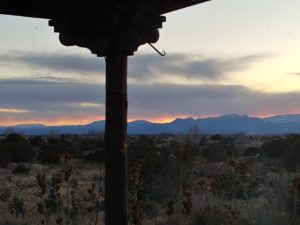
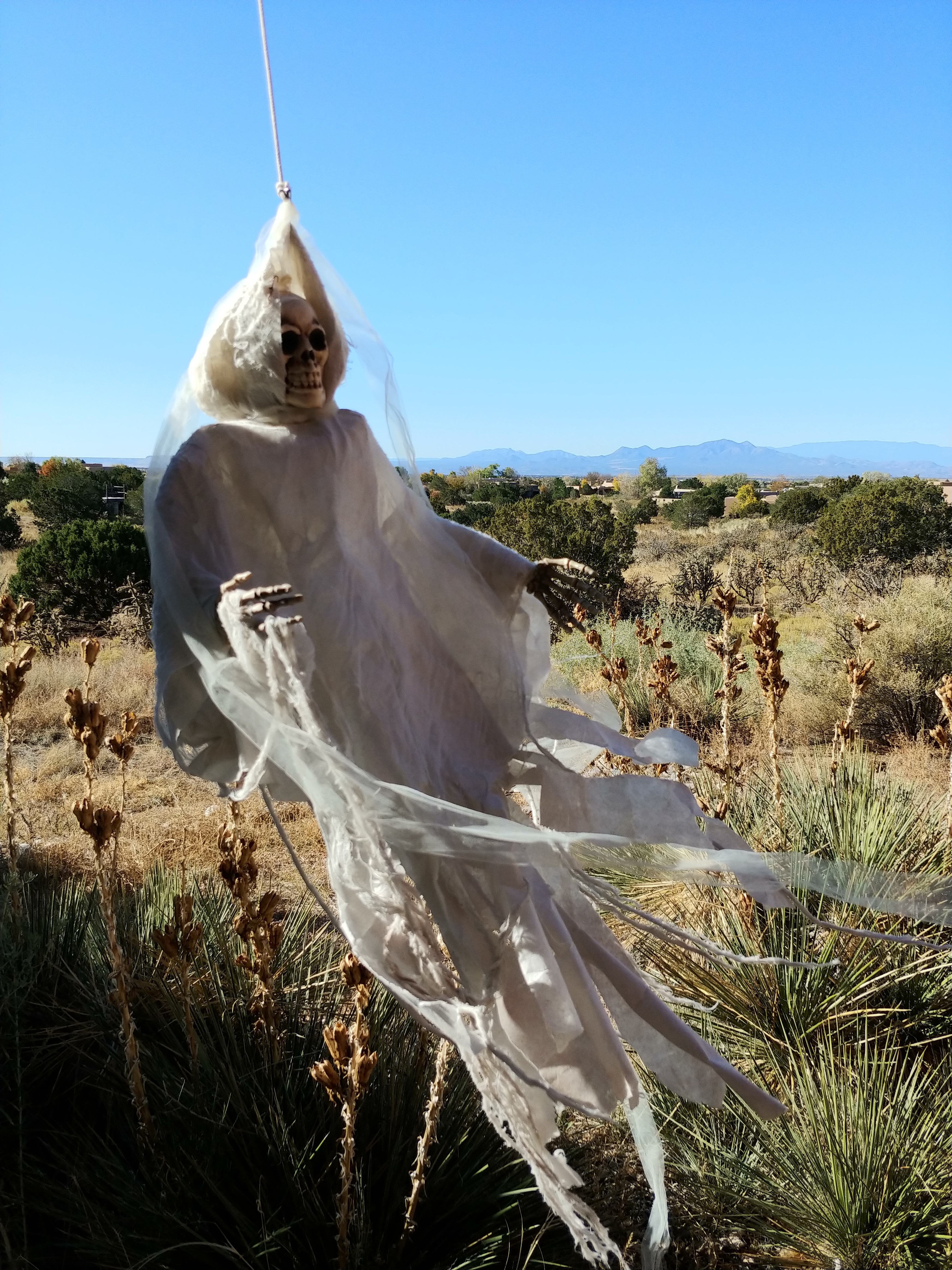

I put up my Halloween decorations yesterday – and brought in the hummingbird feeders at the same time. That felt like a symmetrical seasonal changeover, all happening in the due course of the seasons.
So, on Monday, in a fit of frustrated eye-rolling, I fired off this tweet:
Why are there so many classes offering to teach pantsers how to plot and story plan? They make me want to offer a class like “Pantsing for Plotters: Giving Up Control and Learning to Trust Your Creative Self.”
— Jeffe Kennedy (@jeffekennedy) October 21, 2019
To my vast surprise, this tweet has received SO MANY likes and responses. Clearly I wasn’t the only one feeling this frustration. Quite a few people wrote back about feeling the pressure to learn to pre-plot. I’ve felt it, too. There’s a strong opinion in the writing community – and maybe in the world at large – that outlining and pre-plotting is the best way to write. That it’s faster, more organized, requires less revision later.
The thing is: it’s just not true.
I mean, sure for some people, that process works. It’s certainly the one we’re taught in school (for the most part). But I was the student who hated trying to write an outline before I wrote the paper. I tried, but it was agonizing. Finally I figured out to just write the paper, then make an outline from it, and turn that in. If the teacher or professor had comments or tweaks (which almost never happened), I could add them in. Though those were the days before word processing, so I’d have to retype the paper. STILL, doing it that way was faster for me, and produced better work.
This is key: we must find what works for each of us individually and honor that process. Those people who insist that we not only CAN learn a “better” way, but *should* – and I can vouch that a few people popped into my timeline to say things like “No offense, but you have to learn this if you want to sell books” – are not being helpful. (Also, I really think that if you feel compelled to start a reply with “No offense, but…” or “Honestly…” then maybe you’re not engaging in a positive way.)
But “Pantsing” – derived from the phrase “fly by the seat of your pants,” and not my favorite descriptor by a long shot – is a way to access creative flow. I prefer to call it Writing for Discovery or Gardening. (I talked about this more on yesterday’s podcast, but for those who don’t listen, I’m reiterating a bit here.) For me, getting into the trance of writing opens up portals to other places, and the story flows in from there. “Gardening” is an analogy with a similar feel, where the beginning of the story is all planting seeds, the middle is nourishing the garden, and the ending is when it blossoms – and you discover what you’ve got.
Writing this way is absolutely an act of faith. It requires giving up conscious control of the story, which feels most uncomfortable to many people. It’s really the opposite of the academically taught methods, which focus on a cerebral approach. Sure, I get that many of my author friends access creative and subconscious flow in pre-plotting a story and writing the outline. Sadly, those conscious brain activities open no portals for me.
Several responders made the point that perhaps more pre-plotting and story-planning classes are taught because those methods *are* eminently more teachable. Which is a super valid point. In some ways, teaching someone to give up control and leap into the creative flow is nearly impossible. It’s so individual.
BUT, I think we can teach that this is an absolutely viable – and magical – way to access stories. We can make it clear that many, many authors who sell books (myself included) write this way. And we can talk about ways to open those portals, and how to keep them open. Also: not to panic.
So, I think I’m going to try this. I’m seeing about setting up a class. I’m also considering podcasting daily during NaNoWriMo with tips on pantsing your way through the month-long challenge. (There is, apparently, a podcast version called NaPodPoMo.) I’m also considering getting the author coaching set up and providing personalized support for writers during NaNoWriMo. If any of these ideas sound good to you, please let me know!
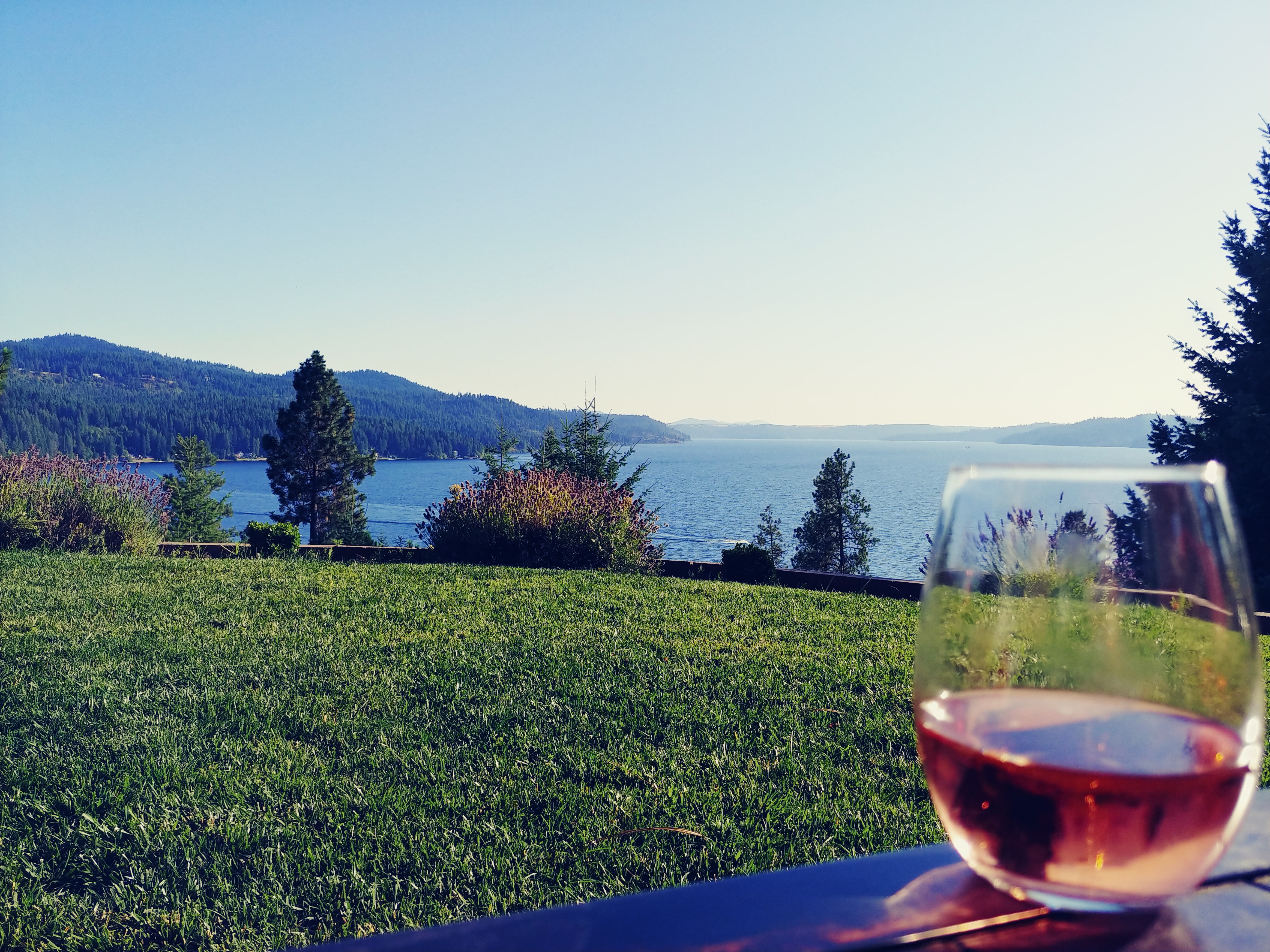

I just returned from a week with my family on Lake Coeur d’Alene. So lovely and relaxing! During some conversation, I mentioned Ed Sheeran, and my aunt – who’d never heard of him – asked me how I kept up on discovering new music.
It was an interesting question, and one I had to think about. Finally I said that I see a lot of recommendations on Twitter. Instagram, too. People share Spotify lists or post YouTube videos. She nodded a little at my answer, clearly a bit daunted at the prospect of emulating me there. So, I sent her two Ed Sheeran albums for her birthday.
Coincidentally enough, our topic at the SFF Seven this week is “Keeping up with trends and changes in social media.” Not an easy thing to do for any of us. Come on over to find out more!


I talked a bit about this on Twitter, and on my podcast – First Cup of Coffee – but I said I’d loop back and discuss on the blog in more detail.
I admit it started with a subtweet. A few blogger/reviewers were posting about authors who were publicly shaming readers who gave them poor reviews. The tenor of the authors’ complaints were that the bad reviews were harshing their (or their friend’s) release day buzz. Which… that’s a whole other thing, but the TL:DR is that nobody owes an author a sparkle pony on release day. The operative word there is RELEASE. That means letting the book go, to sink or swim in the world. It no longer belongs to the author. Helicopter parenting it will only bring misery to the author and damage the book’s chances.
ANYWAY. This post isn’t about that.
What I subtweeted about was an author who weighed in on the thread with a “but, but, but” – #protip: don’t do this – “But, but, but,” she says, “I just wish readers would *explain* why they give it one-star, so I can learn from it!”
First of all, not only does nobody owe you a sparkle pony, no one owes an explanation for a rating. Readers can rate books whatever they like, for whatever reason they like, and they don’t have to explain. They’re not in a relationship with the author, so there’s no obligation to tend feelings. They’re not writing teachers. They read.
Secondly, reviews are not for the author to read. Even readers and reviewers who take the conceit of appearing to address the author, aren’t really. They’re engaging with the voice in the book. It’s really important for writers to remember we are not our books. One of the very interesting outcomes of the Burnout Panel (and How to Maybe Avoid It Next Time) at Nebula Conference was that one of the key conditions leading to burnout is a person over-identifying with their work. A book is something we create (and RELEASE) and how readers react to it is about *them*. When someone reviews a book, it’s for other readers. It’s not a job performance appraisal for the author.
Finally, reviews are a TERRIBLE place to look to improve craft because the lens is so different. The experience of reading a book is totally different from evaluating it with an editorial eye. As proof of this, I point to the near-universal author experience of discovering that reading for sheer pleasure gets lost. Somewhere in the transition from being a person who only reads books to someone who also writes them, we develop that critical lens for evaluating the story creation. And it becomes almost impossible to shut it off again. This is bad and good. There’s some grief in the realization that the experience of reading a story without examining it is lost forever. But it’s good because, well, we *need* that ability. Every book and story a writer reads is an education – what works for us, what doesn’t, how the writer created certain impacts, where they lost the thread, etc.
Because of this profound difference in reading experience, however, reviews from readers tell us nothing about the craft of the story. Maybe a writer can glean some insight from which stories seem most popular – but most writers also will note that they can never predict which stories will “hit” and which don’t. It’s almost never our personal favorites. It often seems counter-intuitive. Many writers will say that their very favorite of their own work is the least popular with readers. Is there a correlation?
WHO KNOWS???
That’s the thing, and that’s my point. There is no knowing, which means that scouring reviews for information on improving craft is fruitless.
You know what does work? Read a lot (books and stories, not reviews). Write a lot.
Read. Write. Repeat.


Found art. Literally. I was looking at my camera uploads to choose a pic for today’s post and found this. No idea what it is or how it happened, but what a gorgeous mistake. Art can be like that.
Our topic at the SFF Seven this week is Author behavior tips for social media. My answer is a little different this time.
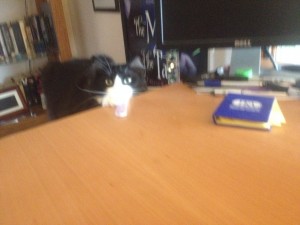 This pic didn’t come out as well as I would have wished, because Jackson was moving so fast. But he’s perched on the back of a chair next to my treadmill desk, methodically swiping things to the floor so I’ll pay attention to him. Funny cat.
This pic didn’t come out as well as I would have wished, because Jackson was moving so fast. But he’s perched on the back of a chair next to my treadmill desk, methodically swiping things to the floor so I’ll pay attention to him. Funny cat.
Before I forget, I’m teaching an online writing workshop starting next week, on October 18: Defying Gravity: Writing Cross-Genre and Succeeding Anyway. This is for my longtime online home chapter, the Fantasy, Futuristic and Paranormal Special Interest Chapter of RWA (FFP).
Genre definitions have a profound influence on writers’ careers. From the first queries where we must specify the book’s genre to long-term decisions about pursuing or giving up on a “dead” genre, dealing with what feels like a false construct is a necessary skill. However, following our hearts and inspiration often means tossing aside these considerations.
Or chopping them to pieces in a murderous rage.
But shedding conventions can be what sets a book apart. That’s what takes a writer’s career from midlist to break-out. So… how do you know? More—how do we find the courage to embrace a bold move?
In Wicked, the heroine Elphaba is faced with that crucial decision, of whether to choose the safe path or to risk flying on her own. This workshop will explore genre definitions and how Jeffe Kennedy went from being a “Crack Ho” – being told that her work fell in the cracks between genres – to receiving a nomination for Book of the Year and an RT Seal of Excellence for the one title each month that stands out from all the rest by an innovative twist on a familiar story or pushing genre boundaries. Participants will discuss their experiences with genre—both coloring inside the lines and stepping across them—and will leave inspired to take risks and follow their hearts.
Everyone deserves a chance to fly!
I’m teaching this by special request, so it should be big fun. 🙂
While that workshop is about breaking away from market considerations, I want to talk a bit about promoting books on social media. This is something authors are forced to think about, whether they want to or not. Accordingly, there’s tons of advice out there on the topic, Rule #1 of which tends to be along the lines of “Get More Followers!”
Recently one of my published author email loops went bananas with people offering to trade Facebook likes – as in, you like my page and I’ll like yours. They did the same with following on Twitter.
I think this is a really bad idea.
Sure, the numbers go up, which apparently satisfies Rule #1. But it’s not real. Worse, it creates a false idea of your social media reach.
Let me caveat before I go on that I’m friends with and following/followed by LOTS of authors. Hell, I’m writing this blog post for authors. Nothing at all wrong with that. In fact, networking with other authors can be important for building community and career opportunities.
However – creating a trade system with other authors to like one another’s pages does three things: It skews our lists to the wrong people, possibly diminishes our reach to real readers and skews our own perceptions.
Skewing our lists to the wrong people
We all know Facebook is a mystical bog of smoke and mirrors. They really want us to pay money to get followers to see our posts, so they mess with our reach. We try to game the system. They game it right back. It’s an eternal battle to be seen, on top of the usual discoverability battle. This may be growing more true of Twitter also. The only thing we can be sure of is that only a portion of our followers will see a given post. If all of our followers are people who are there because they’re interested in our books, at least that portion who sees a post will be them! If a portion of our followers are from reciprocal author trades … guess what?
Diminishing our reach to real readers
Yes, yes, yes – people will always argue that writers are readers, too. Of course we are! And, sure, I’ll like the pages of authors I want to keep track of. But that’s entirely because I want to, not through a trade. A trade isn’t organic. See above. We want people to follow and like us because they are ACTUALLY INTERESTED in our books. This might be more difficult, but they’ll be real followers. See below.
Skewing our own perceptions
As nice as it may be to look at our profiles and see hundreds or thousands of followers, as lovely an ego stroke as that may be, if a whole bunch of those are from author reciprocal trades, then it means nothing. Worse, it allows us to kid ourselves that we’re doing well in expanding our reach when we’re not. It’s a pleasant little fantasy and there’s no room for that in running a business. On the other hand, gaining *real* followers is a good measure of success – and one to be proud of.
Let’s get those real followers, people! Oh, and my Facebook author page is here.
What??? I *had* to give that a go. 😉